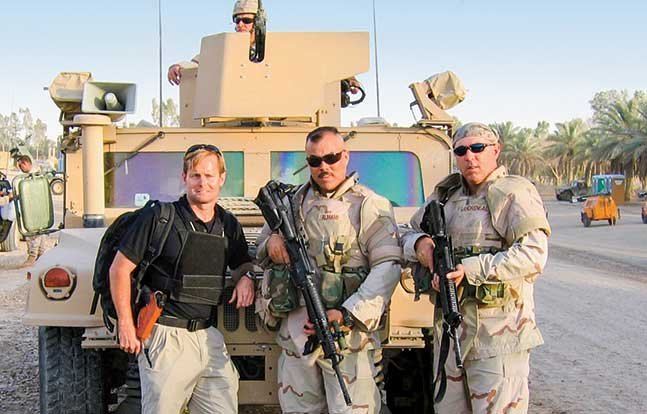In the grand chessboard of international politics and military strategy, where power moves are calculated with a cold precision, one issue relentlessly tugs at America’s heartstrings: the plight of hostages held by militant organizations like Hamas. As we navigate this treacherous terrain, a question looms large, casting its shadow over our nation’s conscience: What impact do military strikes have on efforts to retrieve these captives from the clutches of their captors?
Let’s cut through the diplomatic doublespeak that too often muddies the waters during press briefings and interviews. It’s time for some straight talk, unencumbered by political correctness or fear of ruffling feathers.
The reality is stark and uncomfortable. When U.S soldiers fall victim to attacks—when American blood is spilled on foreign soil—the instinct for direct retaliation burns hot. This isn’t just about retribution; it’s about sending an unequivocal message that such acts will not be tolerated. Yet, in this righteous pursuit of justice, we find ourselves at a crossroads, faced with a dilemma that could have profound implications for those Americans languishing in captivity.
Critics of military strikes argue that they complicate hostage negotiations to an untenable degree. They claim that every bomb dropped and every militant killed only serves to tighten the noose around our fellow citizens’ necks. But let me ask you this: Should we then stand idly by while our enemies plot their next attack? Should we allow them to operate with impunity, emboldened by our perceived weakness?
No! The answer cannot be more clear-cut.
To those who wring their hands over how military action might affect hostage situations, I pose another question: What alternative do you propose? Diplomacy? Please! Time and again, history has shown us that groups like Hamas aren’t swayed by words—they respect strength.
Now don’t misunderstand me; I’m not advocating for reckless abandon or suggesting that we disregard the lives of hostages. Far from it. Every possible measure should be taken to ensure their safe return. However—and this is crucial—we must also recognize that appeasement does not guarantee safety nor secure freedom for those in captivity.
It’s high time we confront an uncomfortable truth: In dealing with terrorists who hold innocent lives in their grasp as bargaining chips, there are no easy answers or risk-free strategies. Yes, military strikes carry inherent risks and can potentially complicate efforts to retrieve hostages. But when balanced against the imperative of protecting American lives from future attacks and holding perpetrators accountable, taking decisive action becomes not just an option but a moral obligation.
As we grapple with these complex issues—weighing our desire for swift justice against the need for strategic patience—we must never lose sight of what truly matters: Upholding America’s values and ensuring her citizens’ safety at home and abroad.
So let us proceed with both resolve and caution—not paralyzed by fear of consequences but guided by a steadfast commitment to doing what is right—for America cannot afford indecision in face of barbarism.

Leave a Reply